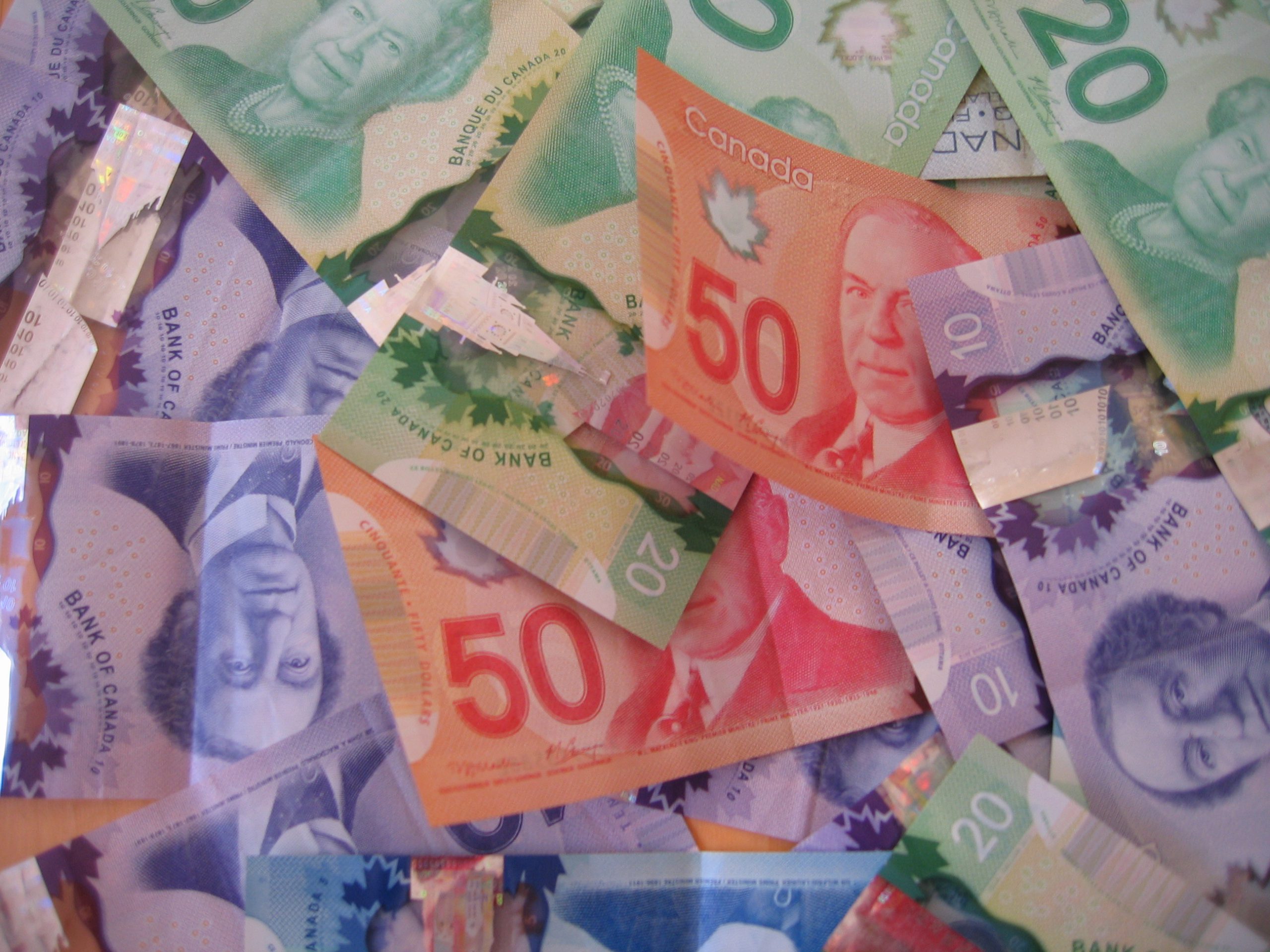Editorial: TAX TIME -- and who gets the breaks
Canada has major income tax loopholes that favour the wealthy, arguably cost the country (ergo all of us taxpayers who aren’t rich enough to qualify for them) billions of dollars overall, and make lesser-income people pay more than their fair share, while further enriching the already-rich.
Now, the already-rich are pretty happy about this state of affairs, since they got those loopholes put in place to begin with. To benefit themselves. So what’s not to like, if you’re among our wealthy? You don’t need all those social services that could be available to the lesser mortals anyway – like better education (you have private schools, and they get public funding too!) or all those “social safety net” services for the poor and disadvantaged – let them suffer! They don’t deserve better lives, because if they deserved better lives, they’d already have them, right?
Well, no. We could argue about that and provide many true stories about well-educated, intelligent, clean-living people who suffered misfortune through no fault of their own and ended up impoverished and sometimes homeless. Canada’s social safety net hasn’t been sufficiently funded to help those people enough. We could also argue that children never deserve to suffer in poverty, and we have a lot of poor families. And children in care – of some sort.
Some of those tax dollars that we let the super-rich keep could improve our ability to provide better education, better health care, clean drinking water where it’s needed (some Canadian communities may come to mind), more affordable housing, and to better help people out of poverty, illness, and abusive situations. It could provide a better hedge against the increasing economic costs of climate-change-related disasters, and a better ability to transition our economy away from dependence on fossil fuels, without abandoning those who now rely on the oil industry for their livelihoods.
The Broadbent Institute, which some wealthier citizens may revile as being “left-wing,” or “bleeding-heart liberal,” has released reports that focus on five of the notable income-tax loopholes that benefit only the wealthy and help them get ever wealthier. Let’s have a look at some information taken from the most recent one, emotively titled “The Filthy Five: Canada’s Tax Loopholes, Part 2.”
1. Partial inclusion of Capital Gains
How it works: The report states, “Only 50% of profits from selling stock or property are taxed. The other half is tax free income. ninety per cent of the claims under this loophole go to the richest 10% in Canada.”
How much does it cost us all? The report estimates that if the Capital Gains loophole were closed, taxing all income from capital gains except from the sale of principal residences, it would contribute an additional 16.5 billion dollars to the public coffers. That’s not to sneeze at. Really.
2. Stock Option Deductible
How it works: From the report: “Profits from stock options are taxed at half the rate of other employment income.”
How much does it cost us all? The report estimates that this loophole sees $685 million dollars go to those who receive stock options, rather than into Canada’s revenues.
3. Corporate Meals and Entertainment Expenses
How it works: The report tells us that “Half of expenses claimed as “meals and entertainment,” including costs for corporate perks such as sports sky boxes and elite club memberships, can be deducted from taxable income by businesses.”
How much it costs us: If the Institute’s recommendation were followed, to eliminate the loophole and put one-quarter of the revenues toward a “tax credit for legitimate small business use,” it would save another five million dollars. Can we all think of some way our government could use even that paltry five million dollars? Bet we can.
4. Corporate Dividend Tax Credit
How it works: People who receive stock dividends from a corporation receive personal tax credits for them, on the built-in assumption that the corporation has already paid the statutory corporate tax rate; but many corporations pay less than the assumed rate, because they have other tax avoidance options.
How much does it cost us all? If the tax credit were required to match the actual amount paid on the individual’s stock dividends, the Institute estimates that would add another billion dollars to the Canadian treasury. It may not sound like much, but every little billion dollars helps, right?
5. Offshore tax havens
How they work: Profits are transferred to “tax havens” – jurisdictions with low or non-existent taxes – and can be transferred back to Canada without any economic penalty.
How much does the tax-haven option cost Canada? Canadians for Tax Fairness estimated that taking a set of measures to limit income-tax-dodging in tax havens could generate at least six billion dollars in revenue.
In addition to the five loopholes listed above, which are estimated to cost Canada over 24 billion dollars altogether, the report looks at the huge amount of wealth in relatively few hands, and recommends implementing a modest “wealth tax.”
A system that allows wealth to slowly accumulate in the hands of fewer people, and leaves governments with too little for the vital services that we all expect in return for the taxes we pay, is a system on the way to disorder. We should all demand that our federal government implement the recommendations in the Broadbent’s “Filthy Five, Part 2” report. It would result in a stronger country, better-prepared for contingencies, and with stronger, healthier citizens.
























